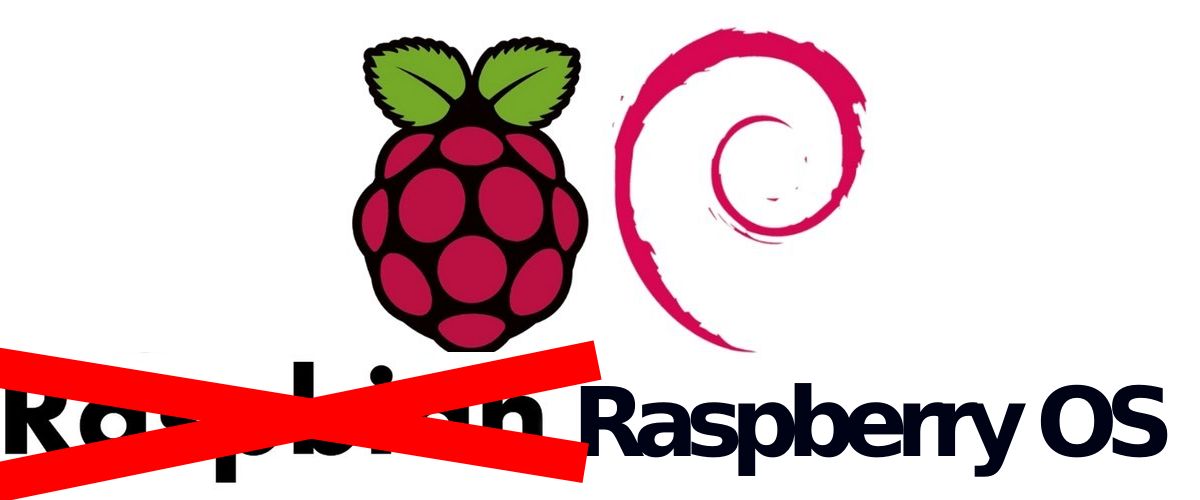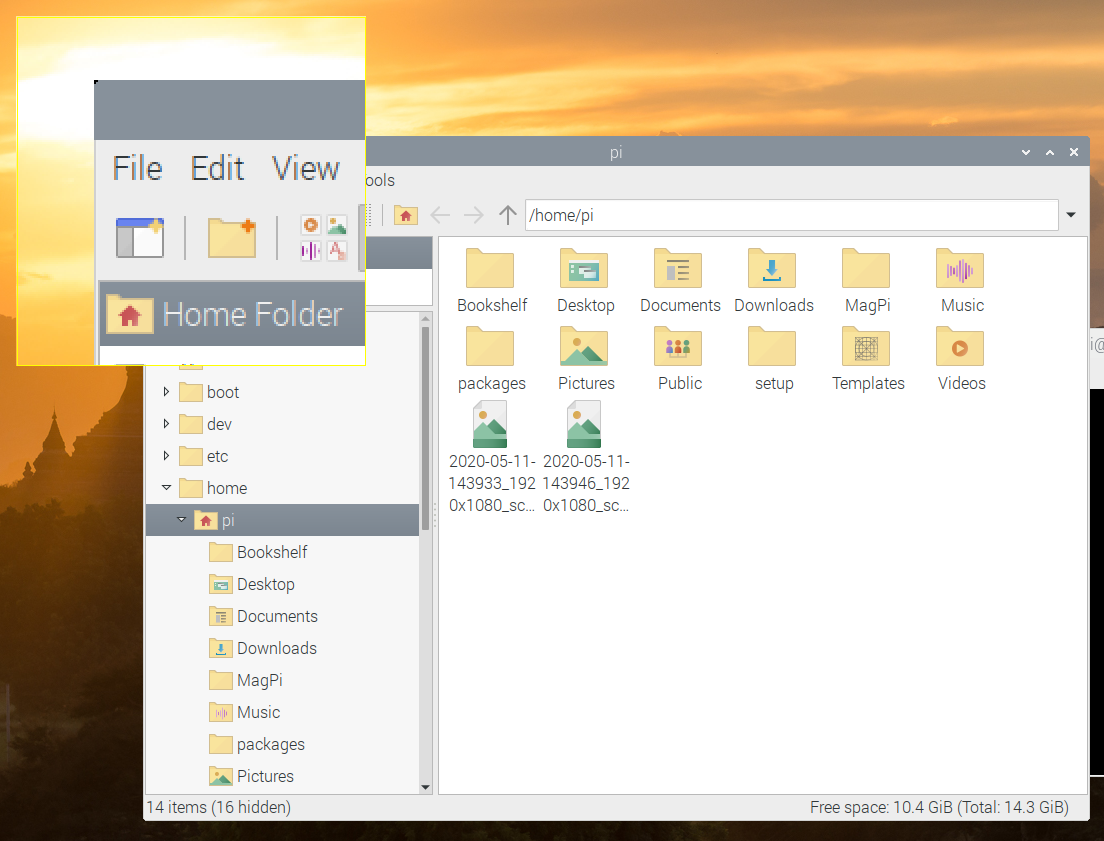
The Raspberry Foundation Guys released a few days ago, the release of a new update of your official operating system for Raspberry "Raspberry Pi OS" which was previously known under the name of Raspbian and that their releases were also identified by the date on which they were released "yyyy / mm / dd". But now that has changed and the distribution has been renamed and your releases will be identified simply by the month of the year they are released.
As for the new version of the system, This continues with the Debian 10 "Buster" package and introduces some changes, of which the support for the new 8 GB version of the Raspberry pi 4 stands out, as well as the addition of a new application called "Bookshelf", among other things.
What's new in Raspberry OS May 2020 update?
One of the main changes of this new version and that we all notice, is el change the name of the distribution (as mentioned at the beginning), as well as the 64-bit experimental support for the new version of the Raspberry Pi 4 that comes with 8GB of RAM.
Another change that is presented in the new version is the adding the “Bookshelf” app It provides access to magazines and books printed by Raspberry Pi Press and in it you can buy paper versions from the application or download PDF for free.
As many of you know, we have our own publisher, Raspberry Pi Press, which publishes a variety of magazines each month, including The MagPi, HackSpace Magazine, and Wireframe. They also publish a wide range of other books and magazines, which are released for purchase as a physical product (from Your Website ) or as free PDF downloads.
To make all of this content more visible and easy to access, we've added a new Bookshelf app - you'll find it in the Help section of the main menu.

In addition, to simplify the work of the visually impaired, an app is included in composition to enlarge individual areas on the screen.
The application was built from scratch, as the developers were not satisfied with the existing implementations. The program can be installed by selecting Magnifier in the Universal Access section of the Recommended Apps app. To call, you can use the combination Ctrl-Alt-M or the icon on the right side of the taskbar.
In the properties you can select the shape and size of the magnifying glass, as well as the zoom level.
To install it, launch Recommended Applications in the new image and select Magnifier under Universal Access. Once it's installed, reboot.
You will see a magnifying glass icon on the far right of the taskbar: to enable the magnifying glass, click on this icon or use the keyboard shortcut Ctrl-Alt-M. (To turn off the magnifying glass, simply click the icon again or use the same keyboard shortcut.)
Another change that we can find in this new version is the presentation of sound output devices in the ALSA subsystem.
Instead of a common device for HDMI and a headphone jack, now two different devices are offered.
The default output is HDMI. To change the active audio output device, you can use the volume control applet or explicitly define the device in the .asoundrc file (for the headphone jack, "defaults.pcm.card 1" and "defaults.ctl.card 1").
Finally if you want to know more about it, you can check the release note of this new version of the system on the official website of Raspberry pi or from the link below.
Similarly, the developers shared a video showing the most important changes:
Download Raspberry OS May 2020 update
For those interested in being able to download this new version of the system, you can get any era of the three versions to be prepared: Lite (432 MB) for server systems, Minimal Desktop (1.1 GB) with a desktop and a complete one “PIXEL” and the other version is a complete one with an additional set of applications (2.5 GB).
